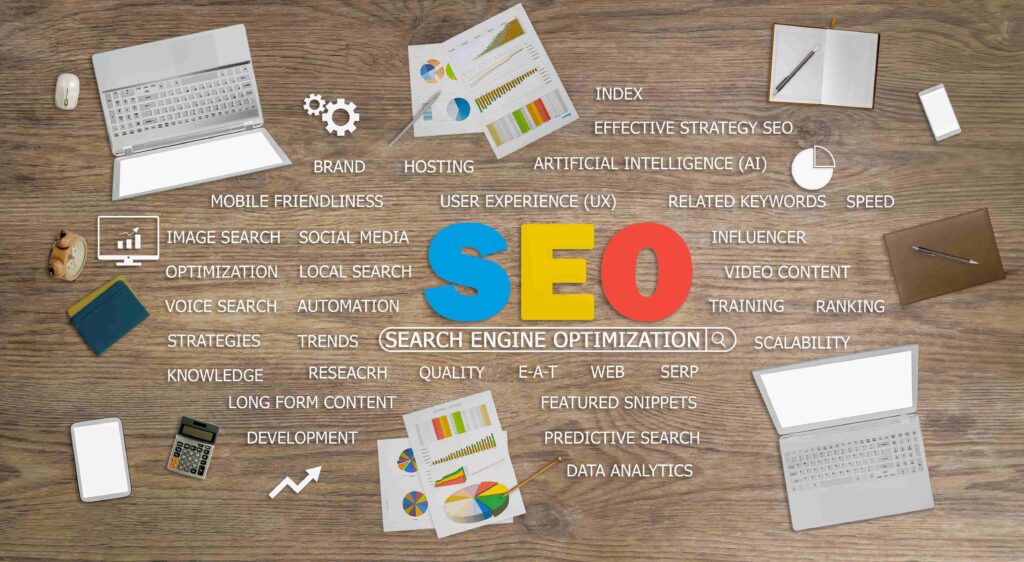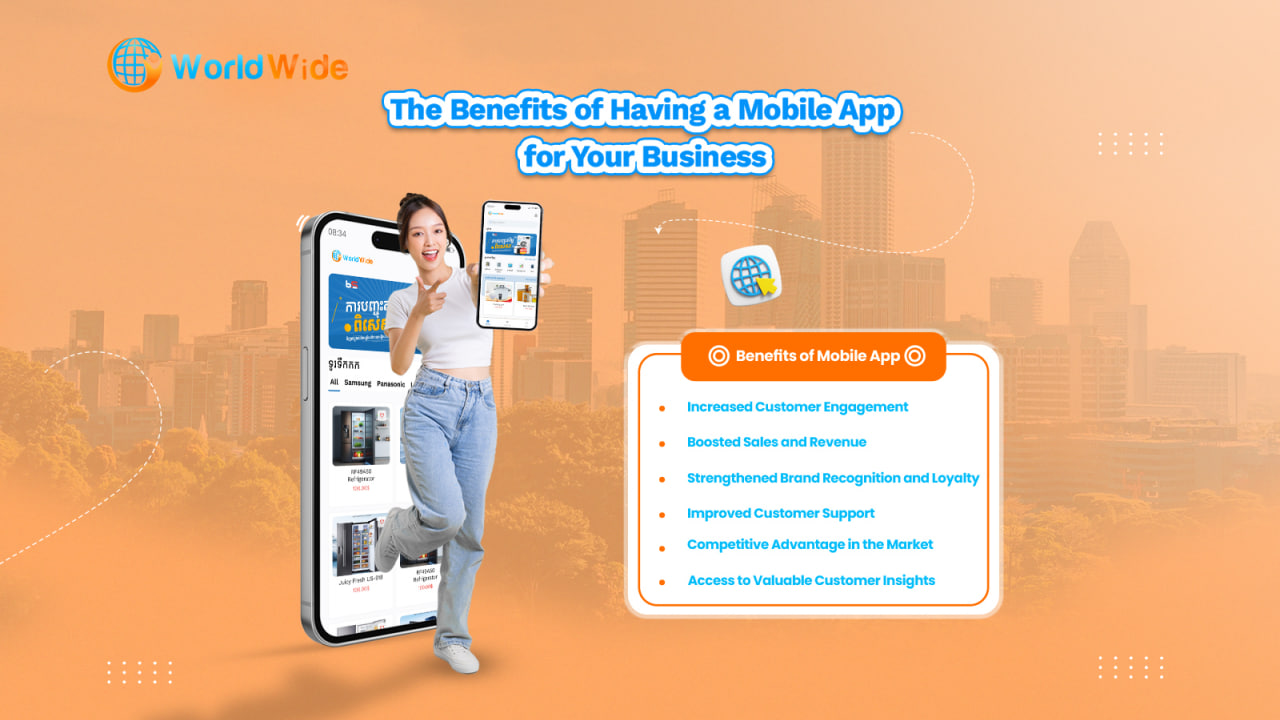Running an online business successfully requires the right mix of tools and platforms that streamline operations, enhance customer experience, and drive growth. As a company specializing in building websites, apps, and custom software solutions, we understand how crucial it is to choose the right technology stack for your business. Here’s our guide to the top tools and platforms that can help your online business thrive, tailored to highlight how our expertise can support your goals.
1. Choosing the Right Platform for Your Website

The first step to running a successful online business is selecting the right platform for building and managing your website. Your website serves as the cornerstone of your online presence, whether you’re managing an e-commerce store, a blog, or a service-based site. This is where potential customers interact with your brand, learn about your offerings, and make purchasing decisions. Choosing the right platform is critical because it directly impacts how easily you can set up, customize, and scale your website as your business grows.
For many, WordPress is a popular choice because of its flexibility, extensive customization options, and robust functionality. It provides the tools needed to create a professional website that reflects your unique brand. With WordPress, you can take advantage of thousands of themes to design your site, plugins to extend its functionality, and scalability that supports growth as your needs evolve. Additionally, a platform like WordPress enables you to enhance the user experience, ensuring your customers enjoy a seamless, engaging, and efficient interaction with your website.
2. The Importance of Email Marketing
Effective email marketing is crucial for building and maintaining strong customer relationships. A reliable email marketing system allows you to automate communications, segment your audience, and track engagement. This helps keep your audience informed about promotions, product launches, and valuable content, all while nurturing long-term relationships with your customers.
3. Managing Customer Relationships with a CRM
A customer relationship management (CRM) system is essential for organizing and tracking your customer interactions. A CRM centralizes your customer data, making it easier to identify sales opportunities, streamline communication, and provide better customer service. By keeping all your customer information in one place, you can personalize interactions and improve the overall customer experience.
4. Streamlining Project Management
Efficient project management is a cornerstone of any successful online business. Having a clear system for tracking project progress, assigning tasks, and meeting deadlines ensures that all work is moving forward smoothly. Collaboration tools also improve communication within teams, allowing for seamless sharing of ideas and quick resolution of issues, leading to higher productivity.
5. Securing Payment and Financial Transactions
Managing payments securely and efficiently is essential for any online business. A reliable payment system allows you to process customer orders, track transactions, and ensure smooth financial operations. Look for solutions that integrate easily with your website, provide secure transactions, and offer multiple payment options for customer convenience.
6. Maximizing Social Media Engagement
Social media plays a pivotal role in reaching and engaging with your audience. A social media management tool enables you to schedule posts, track engagement, and analyze the performance of your content. With detailed insights into what resonates with your audience, you can refine your social media strategy to drive traffic to your website and enhance customer relationships.
7. Leveraging Analytics for Business Growth
Analytics are essential for understanding how users interact with your website and improving performance. By analyzing visitor behavior, you can identify areas for optimization, such as page content, design, or user flow. These insights allow you to make data-driven decisions that enhance your marketing strategies, improve user experience, and boost business success.
8. Improving Visibility Through SEO

Search engine optimization (SEO) is key to increasing your website’s visibility and attracting organic traffic. By optimizing your website’s content and structure, you can rank higher in search engine results, making it easier for potential customers to find your business. Effective SEO practices not only drive traffic but also help build your credibility and authority in your industry.
9. Providing Exceptional Customer Support
Clear communication and prompt support are essential for creating a positive customer experience. A robust support system allows you to handle inquiries, resolve issues, and provide information in a timely manner. By offering multiple channels for customer support, such as live chat or email, you can improve satisfaction, build loyalty, and ensure a smooth user experience.
10. Driving Traffic with Online Advertising
Investing in online advertising is an effective way to drive targeted traffic to your business. Paid campaigns allow you to target specific demographics and measure the effectiveness of your ads in real-time. By optimizing your ad strategy and budget, you can maximize your reach, increase brand awareness, and generate more leads and sales.





